“Ending is better than mending…the more stitches, the less riches.”
I’ve recently finished reading A Brave New World by Aldous Huxley, a dystopian future novel written in the 1930s where Henry Ford has essentially replaced God as the being that everybody worships. Part of this alternative religion sees mass consumerism placed at the very heart of society; nobody needs repair things as they can simply buy new and by doing so, they keep the wheels of society turning for the better.
Huxley foresaw this when visiting America in the early 1930s, little did he know how accurate his predictions would become. We might not sing songs about the Great Ford, but we do live in a society obsessed with consumerism and aghast at the thought of repairing something when it’s so easy to buy new. We live in the age of Amazon 1-click, of contactless, of computers that are only expected to last a few years before they’re considered ‘vintage’ (this very word was used by a young ‘genius’ on a recent visit to the Apple store where I had the gall to ask if my 2012 laptop might be repairable). New is always better – new cars, new houses, a new phone every year that does pretty much everything the ‘old’ one does, with a few tweaks. We truly are weapons of mass consumption.
But at what price? New things we need a constant supply of resources to produce them…metals, plastics, man-made fibres and all the fuel needed to power the plants and machinery that create them. And what do we do with the old things? We discard them. Into the bin, thrown onto the tip, or in the worst case, dumped by the side of the road or at a local nature spot.
The Savage in Huxley’s novel, a young man who’d grown up in the wilderness, brought up by Native Americans, was repulsed by this modern world and its endless consumerism and leisure time. His voice is beginning to resonate in our own society. Just this weekend I packed for a camping trip and got out my shiny new rucksack, bought to replace the previous incarnation, simply because the seam had begun to tear in the corner. At the time it never even crossed my mind to attempt to repair it. Why would I bother when I could get online and have a brand new one delivered by tomorrow for free? I say free; covered by my annual Amazon Prime subscription of course.
More recently though, I’ve begun to wonder how my shopping habits affect our planet? About how we will eventually run out of the fossil fuels and other resources needed to make and deliver this constant stream of new things. About how my shopping habits lead to deforestation and a continually shrinking habitat for the beautiful animals on our planet. About how my discarded items are sent abroad and piled into vast mounds of rubbish, damaging the health of local children and families, about how all of the plastics I’ve bought begin to degrade and end up in our oceans, filling the stomachs of marine life and ultimately, possibly ending up in my own through the process of the food chain. And about how reusing, repairing and buying second-hand can make a difference and save our forests, our oceans, our animals, our health and our bank balances.
How has this changed my habits?
In more ways than you can imagine…
I look to repair things when they break and often, it’s eminently possible and works just as well afterwards, sometimes better
If I need to buy something, I’ll check out Facebook Marketplace, eBay, Gumtree or Preloved for second-hand options. It’s become a bit of an obsession, searching for the best possible bargains and comparing with what it would’ve cost me to buy new
I’ve found things in the house that can do a perfectly good job; examples include plates and a toast rack acting as soap dishes, a bathroom door bolt used to secure two scaffold planks together to make a raised bed and old towels turned into dusters and dishcloths
I’ve worked on throwing away less and recycling more, so much so that for the last fortnight I haven’t even had a bin in the house. Wood, hard plastics and metals get recycled at the local tip, paper, card, plastic bottles, trays, glass and foil go into my recycling bins for collection, soft plastics are taken to Tesco stores here in Bristol where they’re melted down and used again for packaging and I avoid buying things in packaging I know I can’t recycle. The bin by the way, has been washed out and will be used to grow potatoes in future.
Your next challenge is simply to take one step towards less consumption and less waste…buy something from a second-hand shop or through online sites like Facebook Marketplace, reuse something in a novel way – a jam jar as a plant pot, cardboard boxes to store clothes or toys, whatever you can think of. Maybe upcycle an old piece of furniture, it could be a fun project, give you a new hobby and help you get active at the same time. Can you recycle more? Check out sites like Terracycle or Recycle Now to find ideas on what else you can do – maybe take crisp packets or toothbrushes to a local Terracycle collection point for example.
Re-use, recycle, upcycle and help our planet find to become fitter, healthier and happier once more.

